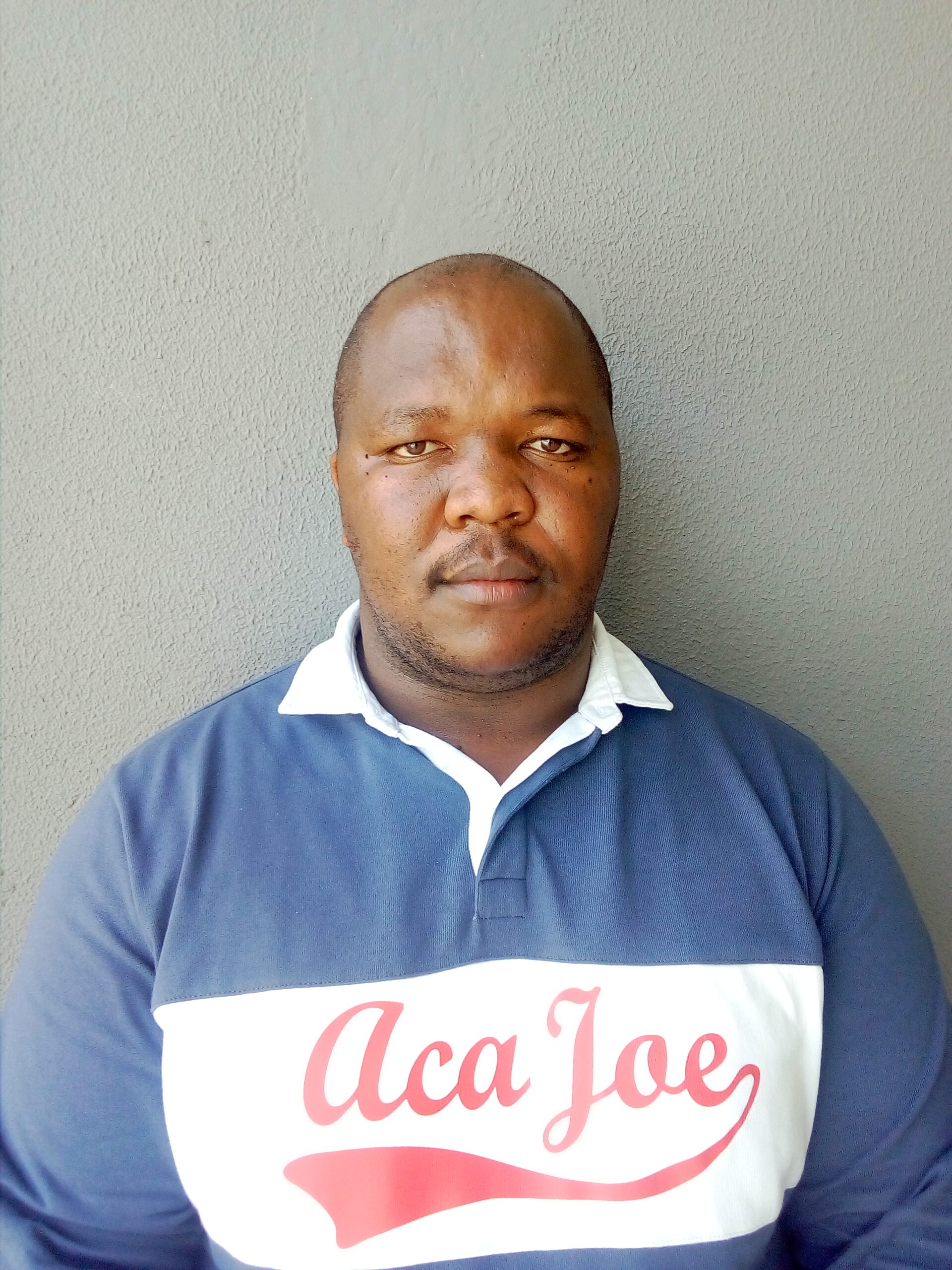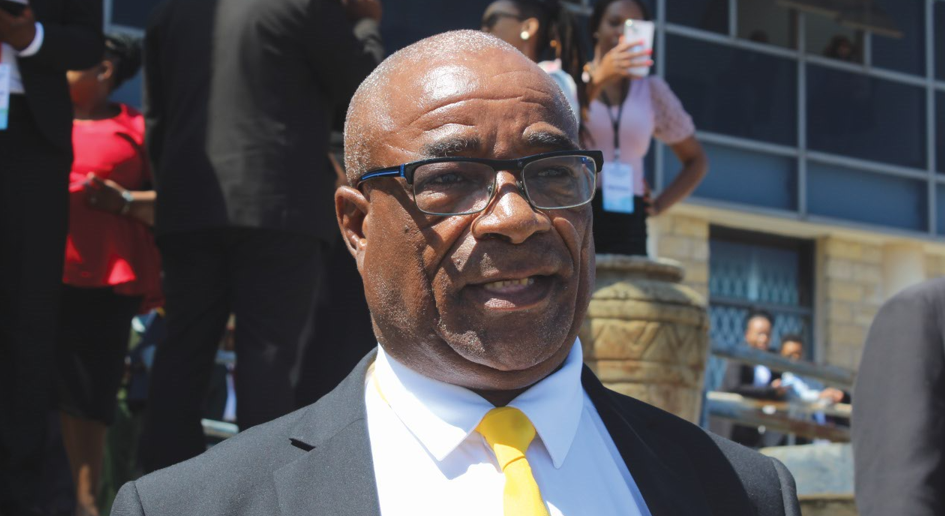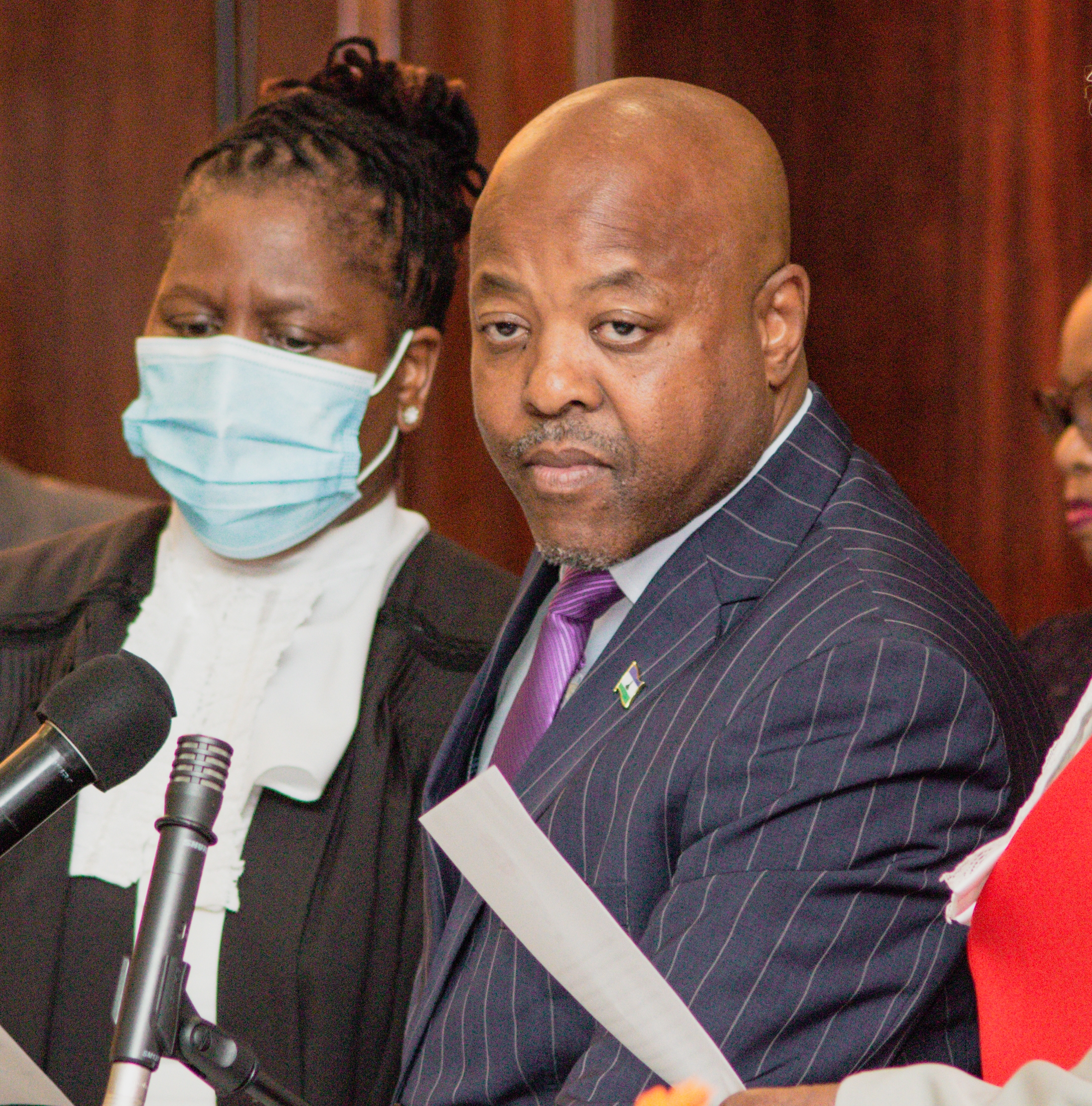Members of Parliament (MPs) are at odds over their role in the recruitment of unskilled labour for the ongoing Lesotho Lowlands Water Development Project Phase II (LLWDP II).
The division was evident during a stakeholders’ meeting convened by the project team in Mafeteng on Wednesday this week.
Stakeholders at the meeting included MPs, representatives from the District Administrator’s office, councillors from Mafeteng and Mohale’s Hoek, Principal Chiefs’ representatives, local chiefs, and members of the security agencies.
The discussion on the recruitment of unskilled labour sparked heated debate. Minister of Natural Resources, Mohlomi Moleko, who also serves as MP for Qoaling, sought clarity on the role of MPs in the recruitment process, arguing that as public representatives, they must not be sidelined.
However, Montoeli Masoetsa, a proportional representation MP under the All Basotho Convention (ABC), insisted that the recruitment should proceed without political interference.
Moleko said he regularly receives job-seeking constituents at his office and expressed concern about being excluded from recruitment processes happening within his own constituency.
“It cannot be right for an MP to be unaware of developments taking place under their watch,” he said.
But Masoetsa countered that MPs have clearly defined mandates and should not interfere in recruitment.
“MPs are not meant to compete with councillors whose duties include local development. Our roles include enacting laws, conducting oversight of the Executive, approving budgets, and ensuring proper use of public funds. We are not community undertakers,” he quipped.
Masoetsa’s position was strongly challenged by Moshe Makotoko, MP for Matsieng under the Revolution for Prosperity (RFP), who argued that MPs cannot abdicate their oversight responsibilities.
“We must work hand in hand with local authorities to ensure the proper implementation of projects,” he said, aligning with Moleko in asserting that MPs have a duty to oversee how public funds, including those for LLWDP II, are used.
Nthame Monare, the project’s Environmental Health and Safety Specialist, clarified that LLWDP II does not directly handle the recruitment of unskilled labour but merely oversees the process and may offer recommendations on how it should proceed.
Concerns have been raised regarding the recruitment framework for community-based projects such as this one, which are often marred by allegations of nepotism and political interference.
The recruitment committee is composed of representatives from the District Administrator’s office (serving as the Secretariat), the District Council, Principal Chiefs, and two councillors from each affected council.
Addressing stakeholders, Monare acknowledged that the recruitment of unskilled labour has previously faced backlash, particularly when individuals from outside certain communities were hired.
She explained that the original arrangement was for each community through which the transmission pipelines would pass to provide temporary labour for the project.
However, complications arose when, in some areas, work lasted only two weeks. As these recruits moved with the project to other locations, they were often met with resistance and hostility from new communities who felt excluded.
To address this issue, it has now been recommended that unskilled labour be drawn from across all the affected councils. This approach will allow workers to be properly introduced to host communities and remain employed for longer periods.
Regarding recruitment criteria, Monare noted that while the law stipulates that unskilled labourers must be between the ages of 18 and 59, exceptions may be made for those in their early 60s, provided they are physically fit for manual work.
However, she warned that the Project conducts routine drug tests, and any individual found with dagga (cannabis) in their system will be dismissed immediately. She emphasised that drug use poses a safety risk to both the user and fellow workers and is against the law.
Another pressing issue raised was the compensation of affected communities whose livelihoods, properties, and businesses have been disrupted by the Project’s construction. While the long-term goal is to improve access to clean water, the process has required the relocation of families and the interruption of agricultural and commercial activities.
Member of Parliament, Dr Pinkie Manamolela, expressed concern about reports that some residents in Mohale’s Hoek have misused their compensation funds. As funds are disbursed, Dr Manamolela noted, some recipients experience a mix of relief and anxiety.
She questioned what measures are in place to ensure the money is used productively.
Social Safeguards Officer at the Project, ‘Mathuso Majoro, responded that training on sustainable projects is provided to compensation recipients, who are offered a range of investment options. Majoro shared an example of one recipient who initially misused her funds by purchasing a 4+1 taxi, which was later involved in an accident.
However, after receiving an additional M140,000 following the revision of compensation rates, the woman invested in poultry farming, a business that has since become a sustainable source of income.
Monare added that compensation payments are based on property valuations and the assessed impact on businesses and agricultural operations. The process is guided by national legislation, and the project engaged three independent consultants to conduct the valuations.
Giving an overview of the LLWDP II, Project Manager Mathealira Lerotholi stated that Zones 4 and 5 have been completed, with work now extending into Zones 3 and 6. Lerotholi noted that Zones 2 and 3 are approximately 75 percent complete. System testing is scheduled for January 2026, and communities in these zones are expected to begin accessing water by March 2026.
He further explained that the project will cover approximately 635 kilometres of transmission pipelines and include 122 reservoirs.
Turning to Mafeteng, which is currently facing severe water shortages, Lerotholi announced that a tender will soon be issued for the removal of mud from the Rasebala Dam, a reservoir used by WASCO to supply water to Mafeteng town.
As the country awaits the construction of the Makhaleng Dam, the plan is to temporarily connect Mafeteng to the Metolong Dam pipelines in Morija. A tender for this work is expected to be issued in November this year.
LLWDP-II is an initiative under the broader Lesotho Lowlands Water Supply Scheme. The project focuses on two prioritised implementation areas: Zones 2 and 3, covering the Hlotse–Maputsoe area (financed by the World Bank), and Zones 6 and 7, spanning the Mohale’s Hoek–Mafeteng corridor (financed by the European Investment Bank, in partnership with the European Union).
It involves the construction of bulk water infrastructure, including intake structures, pump stations, raw water mains, water treatment plants, service reservoirs, transmission pipelines, and booster stations. These developments are complemented by upgrades to distribution systems and the implementation of small-scale sanitation and hygiene interventions aimed at enhancing service delivery.
The project also seeks to build the capacity of water service providers to reduce non-revenue water (NRW), improve billing systems, enhance revenue collection, and strengthen overall planning and monitoring. Additionally, it will provide technical assistance to develop long-term solutions for water security, serving both domestic and industrial needs.
Crucially, LLWDP-II supports efforts to enhance the institutional capacity of water sector entities, enabling them to operate more efficiently and effectively in delivering essential services to the population.
Summary
- Minister of Natural Resources, Mohlomi Moleko, who also serves as MP for Qoaling, sought clarity on the role of MPs in the recruitment process, arguing that as public representatives, they must not be sidelined.
- “We must work hand in hand with local authorities to ensure the proper implementation of projects,” he said, aligning with Moleko in asserting that MPs have a duty to oversee how public funds, including those for LLWDP II, are used.
- Nthame Monare, the project’s Environmental Health and Safety Specialist, clarified that LLWDP II does not directly handle the recruitment of unskilled labour but merely oversees the process and may offer recommendations on how it should proceed.

Thoboloko Ntšonyane is a dedicated journalist who has contributed to various publications. He focuses on parliament, climate change, human rights, sexual and reproductive health rights (SRHR), health, business and court reports. His work inspires change, triggers dialogue and also promote transparency in a society.








